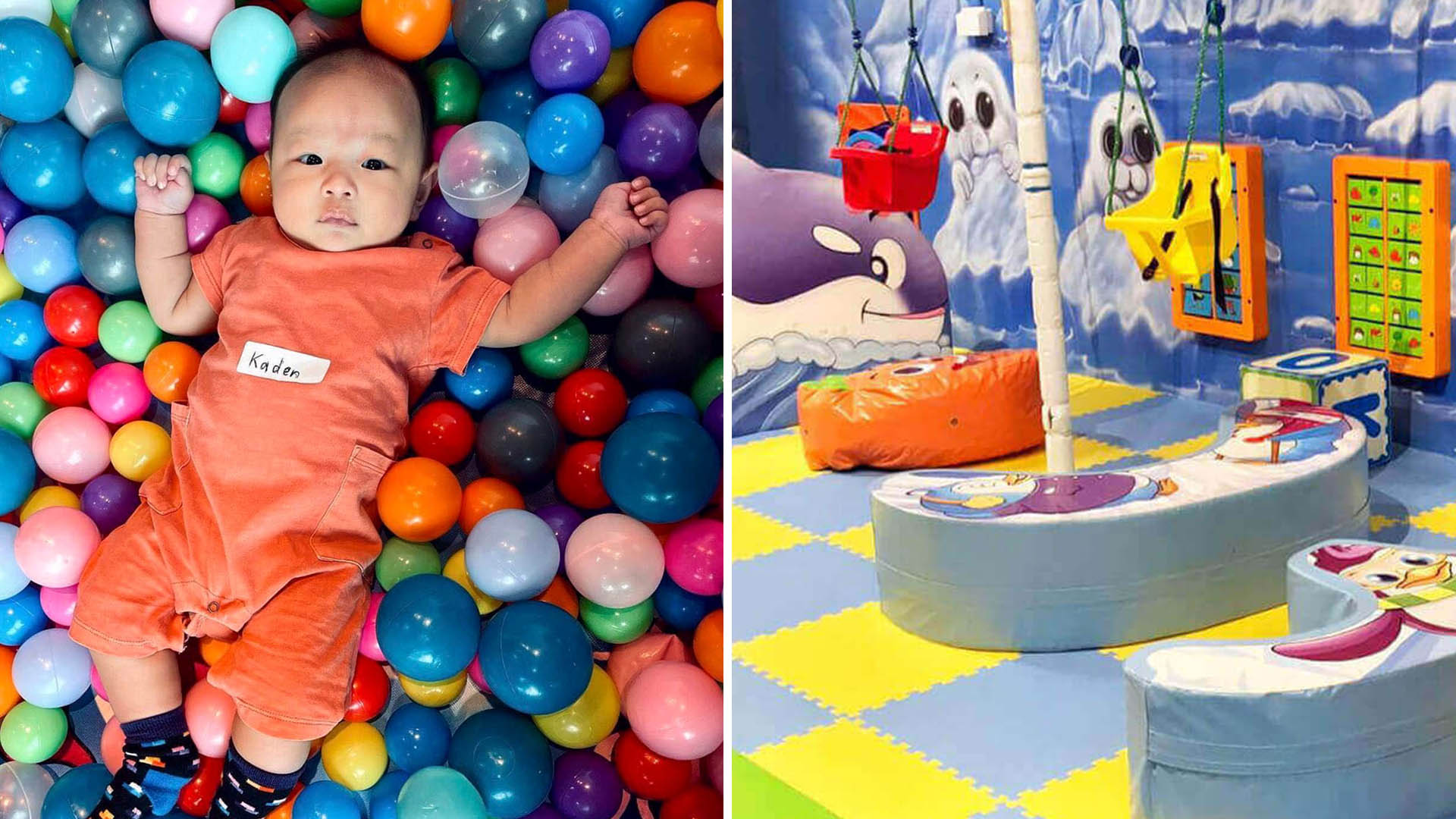8 Tips For Raising A Confident Child
Every parent wants their child to be happy and bubbling with confidence. As a parent, it’s your job to encourage and emotionally support your child as he attempts to tackle difficult tasks. An unconfident child will hesitate to step out of his comfort zone and try new and challenging things because he’s scared of failing or disappointing others. But failing is important. Failing and facing hard knocks builds resilience, grit and equips children with enough confidence to really thrive.
Here are 8 tips to help build self-confidence in your child:
1. Unconditional love
Loving your child unconditionally is the most important thing you can give your child. Children need to feel accepted and loved, and unconditional love builds a strong foundation for self-confidence. You know the old saying about giving children roots and wings? Unconditional love is the roots. Confidence is the wings. When children failing without emotional support or encouragement, all they learn is failure. Resilience comes from understanding that failing, picking yourself up, and trying again till you succeed is what matters.
2. Give them space to grow without smothering
Emotional development researchers call ‘scaffolding’ a character-building framework for children where they are given boundaries, achievable goals and structured support if and when they need it. Children are more confident when they know who is in charge and what to expect. Learning and following rules gives children a sense of security and confidence, as they learn to respect boundaries and where to draw the line as they get older.
3. Be honest with your compliments
Confident children have a positive and realistic perception of their abilities. If a child doesn’t occasionally hear constructive criticism, he’ll have a tough time adjusting to a less-than-perfect image of himself. Be encouraging and supportive but be realistic in your praise. If a child fails at something, praise the effort but don’t falsely praise the results. It’s important for children to understand that every road to success is filled with setbacks, and so it’s OK to fail at something despite giving it your best effort. And remember, they are just children - don’t expect your child to act like an adult. Pressurising children to perform over their abilities to meet advanced age expectations only reduces confidence.
4. Don’t fight their battles for them
Stop controlling and start coaching. Doing things FOR them robs them of the opportunity to become competent. Doing things WITH them teaches them how and builds confidence. All parents want to protect their children but by removing obstacles from their lives, you aren’t giving them a chance to succeed. It’s important for children to feel comfortable taking risks and know that they still have support if they fail. Even better, make a few mistakes of your own on purpose to boost your child’s self-confidence - seeing you mess up and not make a big deal about it encourage children to take calculated risks and be proactive.
5. Let then make their own decisions
Letting children make their own choices from a young age gives them a head start to honing in their own good judgement and thus boost confidence. The more practice children have in managing themselves and their lives, and overcoming obstacles to meet their goals, the more confidence and competence they'll develop. Encouraging children to try solving their problems themselves builds confidence and resilience, as they learn not to wait for someone to ‘rescue’ them out of a tight spot.
6. Appreciate the effort
Perfection is not the goal here. As a child, the journey is more important than the destination, so effort is more important than the result. Nothing discourages and demotivates children faster than criticism of their sincere effort. Giving positive feedback and making suggestions is great, but never tell children they’re doing a bad job.
7. Encourage curiosity and open the door to new experiences
Curiosity is great for a child’s development. Parents are responsible for giving their children as many life exposures and experiences as possible to help develop their confidence in coping with the larger world. Exposing children to new things teaches them that no matter how scary and different something seems, they can conquer it. Research has often found that children from families that encourage curious questions do better than their peers as they are willing to explore and try new things without fear of failure.
8. Mistakes are just building blocks for learning
Learning from mistakes builds confidence when mistakes are treated as opportunities to learn and grow. Don’t be over-protective of your child. Allow them to mess up regularly and help him see how he can do better the next time. By treating “uh-oh” moments as growth opportunities, children learn to bounce back faster, not fear failure, develop resilience and become more confident.
For the latest updates on Wonderwall.sg, be sure to follow us on TikTok, Telegram, Instagram, and Facebook. If you have a story idea for us, email us at [email protected].











